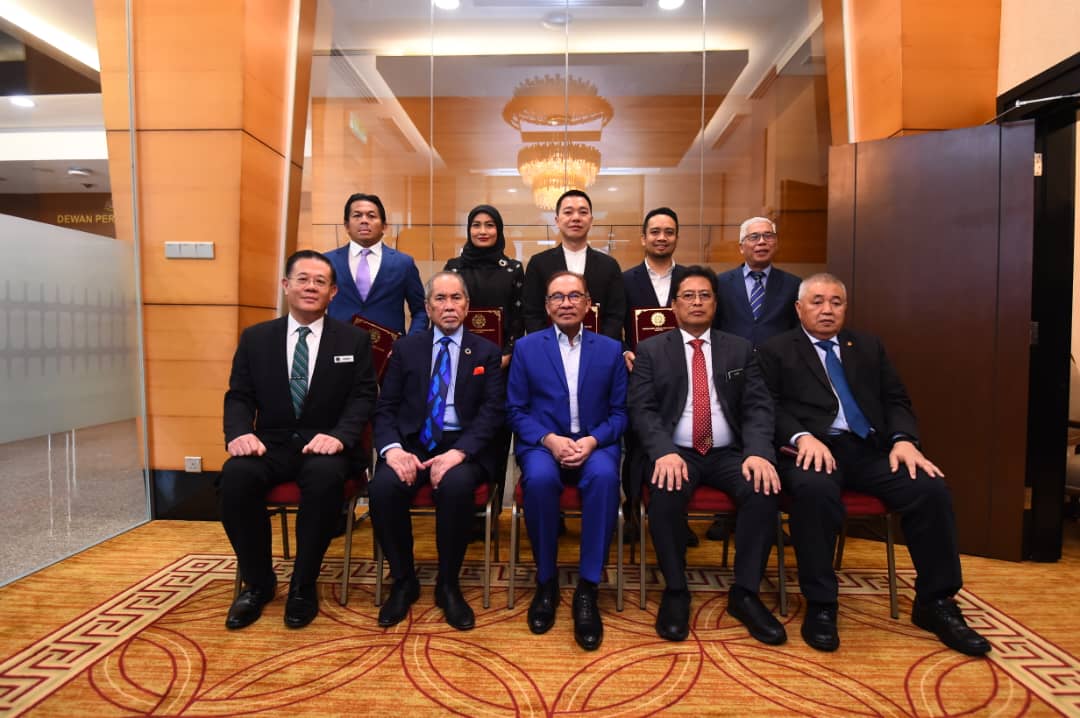KUALA LUMPUR – Senate president Tan Sri Wan Junaidi Tuanku Jaafar chairs the Special Committee on Corruption (SCC) for three years, effective from October 9 this year to October 8, 2026.
A total of five new members of the SCC were appointed by the Yang di-Pertuan Agong on the advice of the prime minister in accordance with Section 14 of the Malaysian Anti-Corruption Commission Act 2009 (Act 694).
The SCC members consist of members of the upper and lower Houses, according to a statement by the Malaysian Anti-Corruption Commission (MACC).
Other newly appointed SCC members are Datuk Mohd Shahar Abdullah (Paya Besar MP), Mohamad Shafizan Kepli (Batang Lupar MP), Lo Su Fui (Tawau MP), and Young Syefura Othman (Bentong MP).
Two existing members are senator Md Nasir Hashim and Pasir Gudang MP Hassan Abdul Karim.
The SCC is responsible to advise the prime minister on various aspects regarding corruption issues in the country.
In addition, the SCC is also required to obtain clarification on the MACC annual report and the Anti-Corruption Advisory Board’s (ACAB) reviews on the functions of this commission based on the MACC Act 2009.
The appointment letters were presented by Prime Minister Datuk Seri Anwar Ibrahim and witnessed by MACC chief commissioner Tan Sri Azam Baki at Parliament, here today. – November 28, 2023

